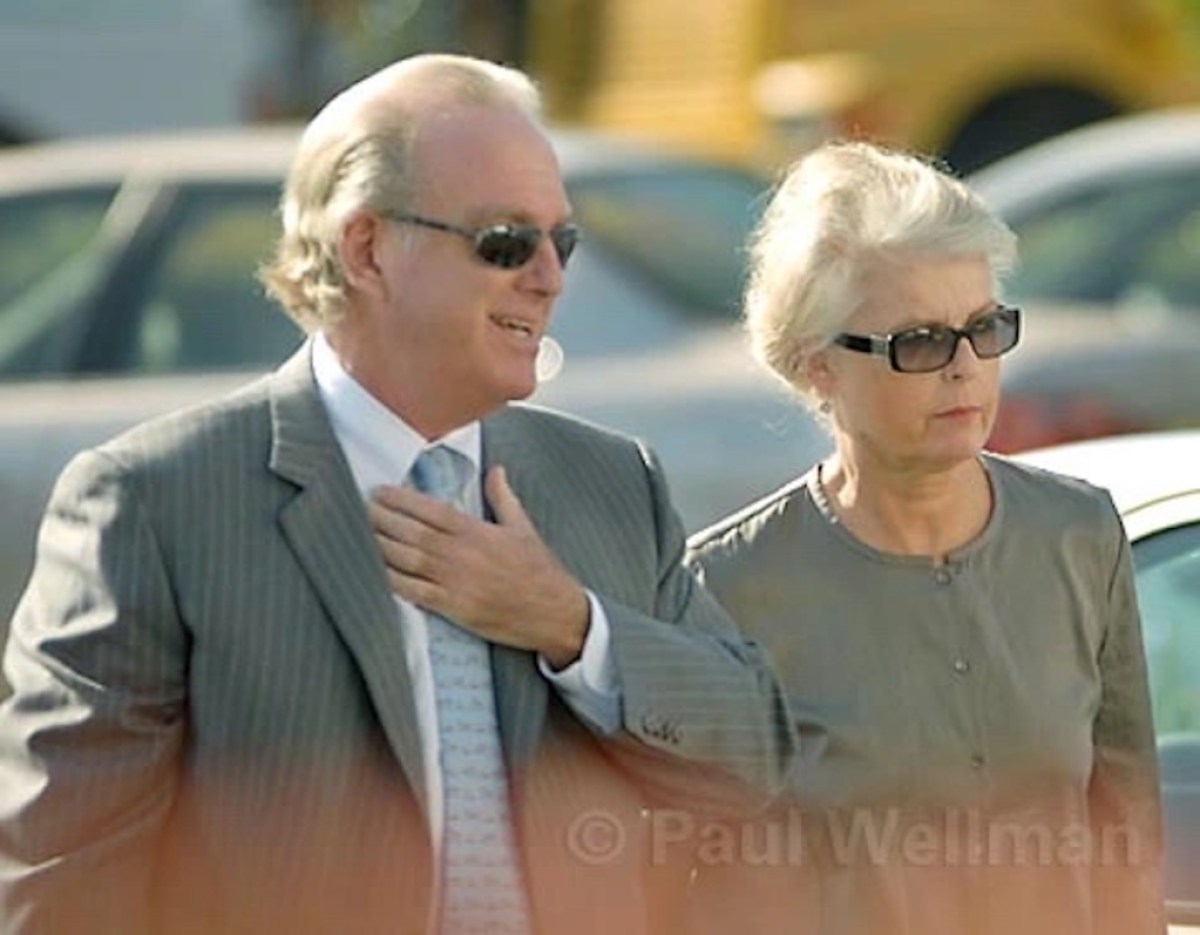A former Chicago attorney was sentenced Tuesday to more than three years in prison for helping her brother hide hundreds of thousands of dollars in assets in bankruptcy proceedings tied to the collapse of a Bridgeport neighborhood bank.
Jan Kowalski, 59, pleaded guilty last year to concealing assets from a bankruptcy trustee, admitting she falsified documents and lied during testimony in bankruptcy proceedings for her brother, Robert, costing creditors about $357,000.
In sentencing Kowalski to 37 months behind bars, U.S. District Judge Virginia Kendall called her conduct “extremely serious,” particularly for an attorney who had taken an oath to uphold the law.
“It is the complete antithesis of what an attorney is supposed to be doing,” Kendall said. “People lose faith, and it really is the beginning of the destruction of our judicial process and the destruction of our democracy.”
Kowalski’s attorney, William Stanton, had asked for probation, saying she suffers from a lengthy list of physical and mental ailments, is the sole caretaker for her elderly mother, and has a son who has had his own difficulties.
Before she was sentenced, Kowalski, dressed in a hooded sweatshirt, stood at the lectern and lamented her situation but did not apologize for her conduct.
“My mother and father had three children, and all three of us are indicted and going to jail, probably,” she said. “And now there is no one to care for my mother.”
Kowalski was among more than two dozen defendants charged as part of a multiyear investigation into the failure of Washington Federal Bank for Savings, a family-run institution that had been a mainstay in the city’s Bridgeport neighborhood for more than a century.
The sprawling probe also ensnared Patrick Daley Thompson, the then-11th Ward alderman and scion of the Daley political dynasty, was convicted last year of two counts of lying to federal regulators about loans he had with Washington Federal and falsely claiming mortgage interest deductions on his tax returns.
Thompson, who by law was forced to step down immediately after his conviction, was sentenced to four months in prison.
Robert Kowalski, who was a large debtor of the bank when it was closed by regulators in December 2017, was convicted at trial earlier this year of conspiring with the bank’s president, John Gembara, to rack up millions in collateral-free loans, then lying about and concealing assets and income in bankruptcy proceedings and on his tax returns.
Gembara, meanwhile, was found dead Dec. 3, 2017, in the Park Ridge home of a bank customer where he had been staying. An autopsy report showed Gembara was found seated in a chair in his bedroom with a rope tied to the banister and around his neck. His death was ruled a suicide by the Cook County medical examiner’s office.
The Kowalskis’ other sibling, William Kowalski, was also charged in the case but has since entered into a deferred prosecution agreement that will likely lead to the charges being dropped in exchange for his cooperation.
As part of that agreement, William Kowalski admitted he and his brother embezzled about $190,000 from Washington Federal to buy a Sea Ray 420 Sundancer boat named Expelliarmus, the famous spell in the Harry Potter book series, court records show.
Eight others have pleaded guilty to roles in the scheme. Several others are awaiting trial, including William Mahon, a then-top official with the city’s Streets and Sanitation Department charged with willfully filing false tax returns and failing to disclose a $130,000 personal loan he’d received directly from Gembara.
According to prosecutors, Jan Kowalski helped her brother conceal more than 100 cashier’s checks by putting them in her attorney’s trust account using some of the funds to invest in real estate and eventually withdrawing the rest in cash.
When the bankruptcy trustee unearthed the transactions, Jan Kowalski lied repeatedly to try to cover the fraud, first by creating phony account ledgers and later by flat-out lying about where the money came from while under oath in bankruptcy proceedings, according to court records.
In April 2019, Kowalski falsely testified that she had given $250,000 in missing funds to a business associate “while they watched the Grammys on television in her office” two months earlier, prosecutors wrote in a recent court filing.
Kowalski told the court she’d put the money in a lockbox, but when she returned to her office a few weeks later she discovered it had been stolen, according to prosecutors.
In asking for a sentence of 46 months, Assistant U.S. Attorney Jeffrey Snell said Kowalski’s deceit was “much, much, much more involved that a typical concealment of an asset.”
“This was a deliberate, persistent course of dishonesty that spanned months,” Snell said.
Robert Kowalski, 61, who was jailed after his conviction in March, is still awaiting sentencing.


